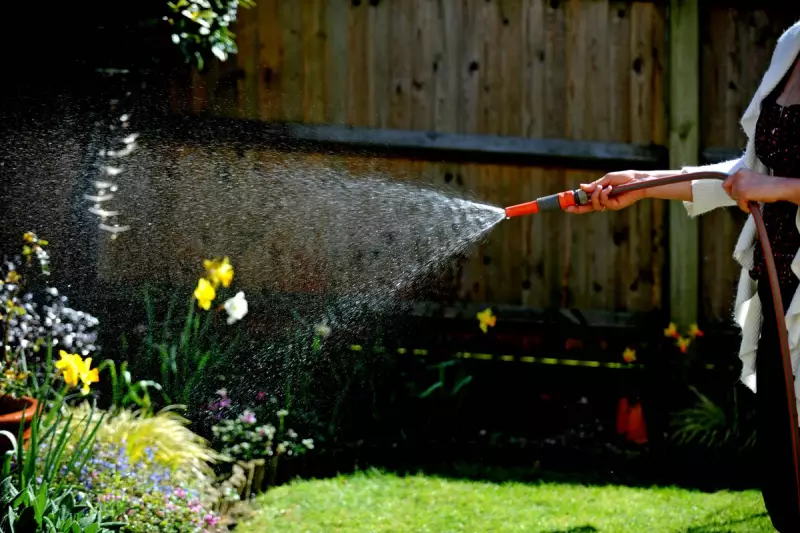
With water reserves running dangerously low in parts of the UK, authorities are cracking down on excessive water use by enforcing hosepipe bans. These restrictions aim to conserve water during periods of drought, but many residents remain unaware of the rules—and the hefty fines that come with breaking them.
What Is a Hosepipe Ban?
A hosepipe ban prohibits the use of hoses for activities such as watering gardens, washing cars, or filling paddling pools. The restrictions are typically imposed by water companies during prolonged dry spells to prevent shortages.
How Much Could You Be Fined?
Ignoring the ban could land you with a fine of up to £1,000. Water companies have the authority to issue penalties, though enforcement varies by region. Repeat offenders may face stricter consequences.
What Are the Exceptions?
Not all water use is restricted. Essential activities, such as watering plants for commercial purposes or filling pools for medical reasons, may be exempt. Always check with your local water provider for specific guidelines.
How Can You Save Water?
To stay compliant—and help conserve water—consider these alternatives:
- Use a watering can instead of a hose for plants.
- Wash cars with a bucket and sponge.
- Collect rainwater in barrels for garden use.
With climate change increasing the frequency of droughts, hosepipe bans may become more common. Staying informed and adapting your water usage can help avoid fines and protect this vital resource.






